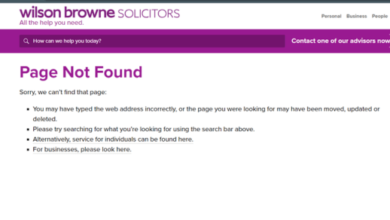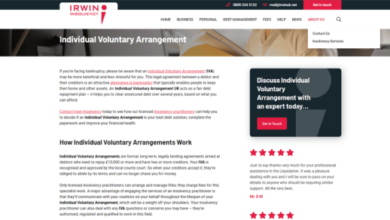Hiring South African workers involves a process that aligns with local labor laws and regulations. Whether you are a South African employer or an international employer looking to hire South African workers, here are the steps to help you navigate the hiring process:
For South African Employers:
- Determine Your Hiring Needs:
- Assess your company’s staffing needs and identify the positions you need to fill. Consider factors such as skills, qualifications, and experience required for each role.
- Prepare a Job Description:
- Create detailed job descriptions for the positions you want to fill. Include responsibilities, qualifications, experience, and any other relevant information.
- Advertise the Job Vacancies:
- Post job advertisements on various platforms, including online job boards, your company’s website, and in local newspapers. Be sure to comply with any labor regulations regarding job postings.
- Review Resumes and Applications:
- Collect and review resumes and job applications from interested candidates. Screen applicants based on their qualifications and skills.
- Conduct Interviews:
- Schedule interviews with shortlisted candidates. Ask questions about their experience, qualifications, and suitability for the role.
- Check References:
- Contact the references provided by candidates to verify their work history, skills, and professionalism.
- Offer Employment Contracts:
- Provide formal employment contracts to the selected candidates. Ensure that the contracts comply with South African labor laws and specify terms and conditions of employment.
- Register with Relevant Authorities:
- As an employer in South Africa, you may need to register with government authorities such as the Department of Labor and the South African Revenue Service (SARS).
- Comply with Labor Laws:
- Ensure that your employment practices and contracts comply with South African labor laws, including those related to minimum wages, working hours, and leave policies.
- Complete the Hiring Process:
- Once the candidates have accepted the job offers, complete the hiring process by conducting orientation and onboarding activities.
For International Employers Hiring South African Workers:
If you are an international employer looking to hire South African workers, there are additional steps to consider:
- Legal Authorization:
- Ensure that you have the necessary legal authorization to hire foreign workers in South Africa. This may require obtaining work permits and visas for your employees.
- Work Permits and Visas:
- Work with the South African Department of Home Affairs to facilitate the work permit and visa application process for your employees. Different types of permits may apply, such as general work visas or critical skills visas.
- Comply with Immigration Laws:
- Adhere to South African immigration laws, including requirements related to the sponsorship of foreign workers and the duration of their stay.
- Provide Support:
- Assist your South African employees with the relocation process, including accommodation, travel arrangements, and any other logistical support.
- Compliance with Labor Laws:
- Ensure that your employment contracts and practices comply with South African labor laws and regulations, including those pertaining to wages, working conditions, and benefits.
- Monitor Visa Renewals:
- Keep track of visa and work permit expiration dates to ensure that your employees maintain legal status in South Africa.
Hiring South African workers, whether as a local or international employer, requires careful planning and adherence to legal requirements. Seek legal advice if you have questions about immigration and labor laws specific to your situation.
Also Read:
https://writetechy.com/how-to-grow-your-business-pdf/
https://writetechy.com/how-to-hand-hewn-beams/
https://writetechy.com/how-to-hand-lap-a-barrel/




